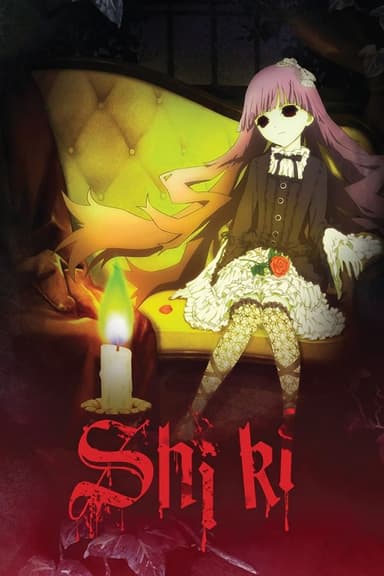
The Twelve Kingdoms
2002 • Action & Adventure, Animation, Sci-Fi & Fantasy
Nakajima Youko is your average somewhat timid high school student. One day, a strange man named Keiki appears before her, swearing allegiance. Before she could properly register what was happening, demon-like creatures attack Youko and her friends, after which they are pulled into a different world. A world unlike what she has ever known. Separated from Keiki, Youko and her friends must do whatever they can if they wish to survive in this new world.
Why you should read the novel
Explore The Twelve Kingdoms novels to immerse yourself in a far more complex and detailed world than the anime presents. Fuyumi Ono’s writing delves into nuanced political systems, diverse cultures, and beliefs, offering a level of depth impossible to fully adapt to screen. The prose brings each kingdom and character to life in ways that stimulate the imagination with vivid descriptions and philosophical undertones.
Reading the books allows you to experience the internal struggles and growth of the protagonists more intimately. The internal monologues, subtleties of thought, and transformation arcs are rendered with greater complexity and empathy in the novels, making their journeys more resonant. Moments of despair, hope, and discovery are textured by the layers of each character’s reflection and choices.
Additionally, the novels explore stories and characters not seen in the anime, expanding on the lore and history of the Twelve Kingdoms. Backgrounds and fates are given thoughtful attention, enriching the grand tapestry of this fantasy world. For the complete adventure and philosophy of The Twelve Kingdoms, reading the novels is an incomparable experience.
Adaptation differences
One of the most significant differences is that the anime adapts only selected volumes of the novel series, focusing primarily on Youko Nakajima’s story while omitting or abbreviating narratives of other protagonists. As a result, some kingdom histories and character arcs receive little to no coverage in the series, leaving viewers with a streamlined plot compared to the intricate interconnected tales explored across the books.
The anime also alters and dramatizes certain events for a more emotional or visual impact. Some character motivations and resolutions are significantly changed or simplified, particularly with side characters. Certain events are rearranged chronologically, and some plotlines are condensed to fit the episodic structure.
Internal character development is less detailed in the anime due to the medium’s limitations. The novels provide rich inner monologues and philosophical debates that are often merely hinted at in the adaptation, affecting the audience’s understanding of the characters’ emotional depth and transformations. Youko’s journey into self-acceptance and leadership, for example, is explored with much greater nuance in the novels.
Furthermore, the world-building in the novels is more comprehensive, offering a broader understanding of the kingdoms’ politics, mythology, and cultural nuances. The anime introduces viewers to this world but cannot capture every detail due to time and format constraints. This leaves the books as the definitive resource for anyone seeking the full scope and intricacies of The Twelve Kingdoms universe.
The Twelve Kingdoms inspired from
The Twelve Kingdoms
by Fuyumi Ono
